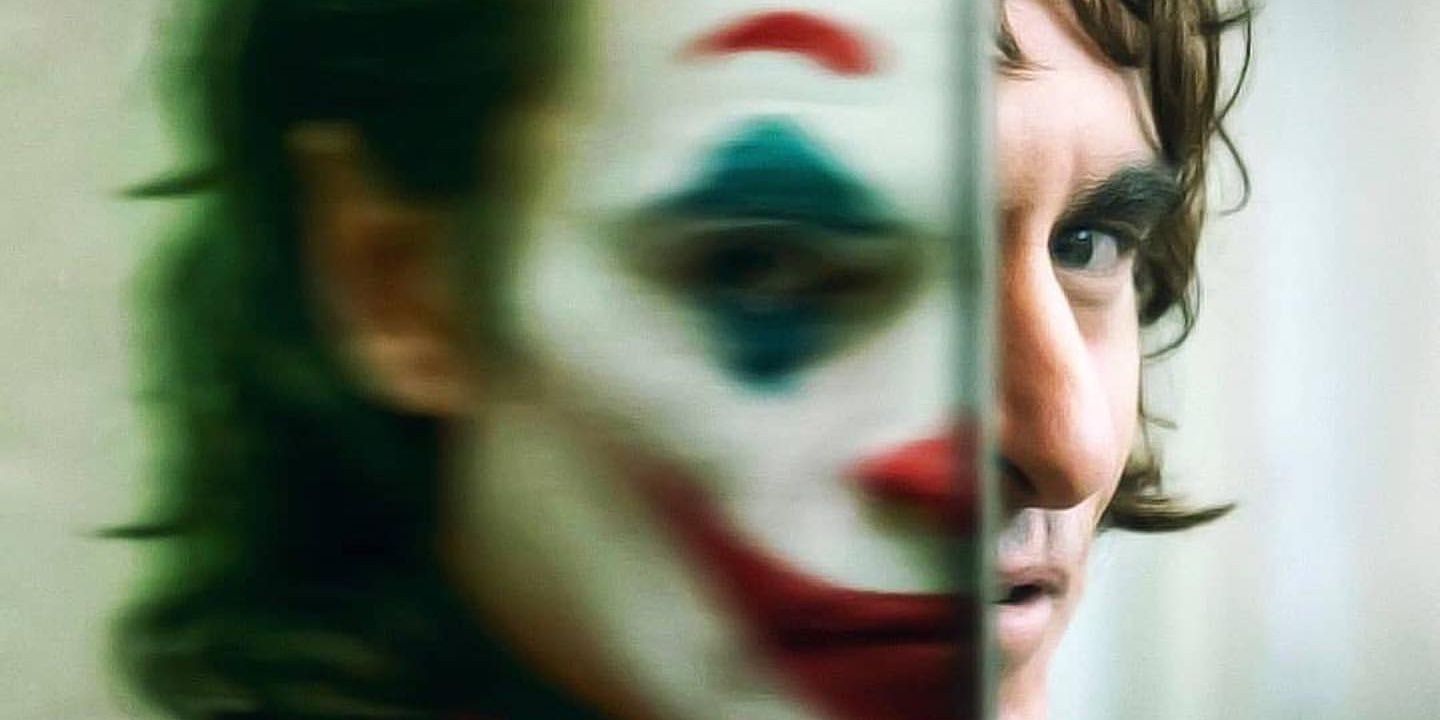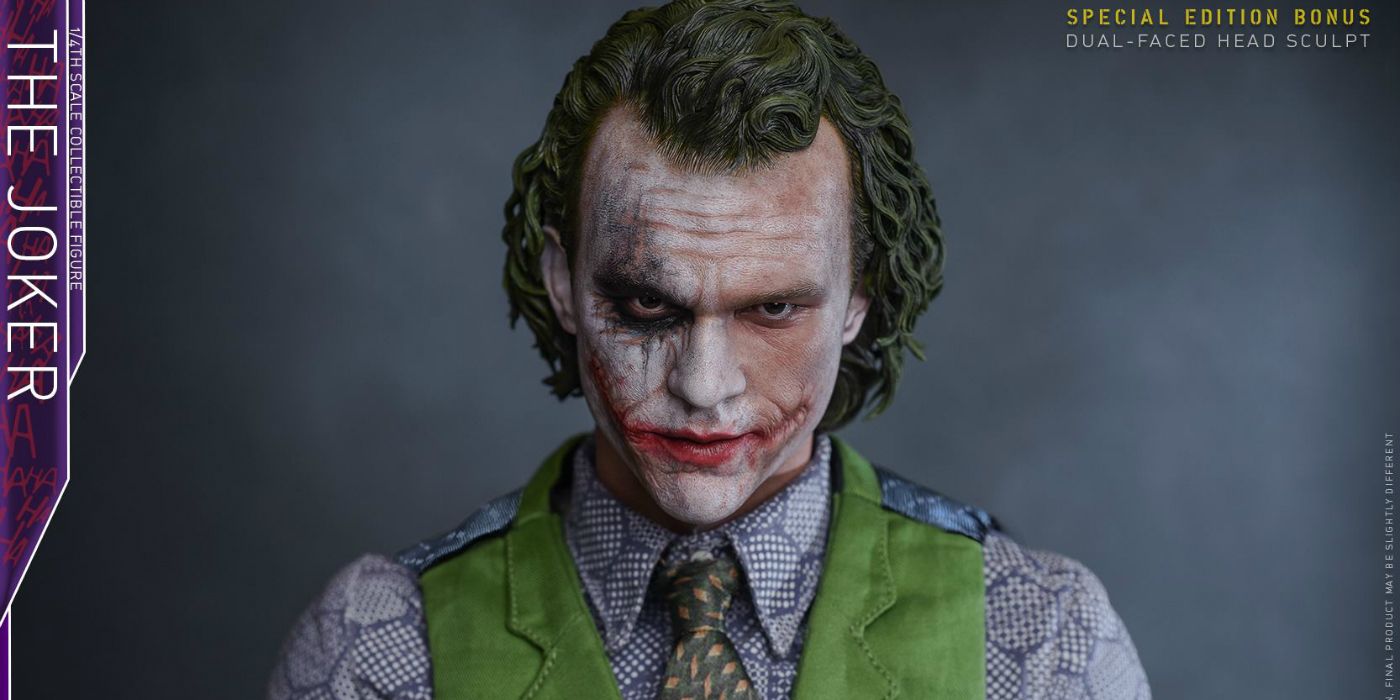Director Todd Phillips claims that box office hit Joker almost wasn’t made because of merchandising concerns. Joker provides the backstory for the Batman villain formerly known as Arthur Fleck. The movie took a different spin on the evolution of The Joker. Instead of swimming in a pool of chemical wastes, the failed comedian, played by Joaquin Phoenix, suffers from a mental illness that causes him to laugh involuntarily. When he has an episode during one of his sets, a video of it goes viral and gives him the platform to become the infamous Joker villain.
Phillips wears many hats in Hollywood as a producer, director and writer. He played all three of these roles in creating Joker as well as all three of The Hangover movies, Due Date and War Dogs. While he has mostly worked on comedies featuring frat dudes or frat dudes in the form of middle-aged men early on his career, he seems to be taking on some more dramatic and complex movies as his career advances. He produced the emotional musical love story A Star is Born. Joker, despite its title, is a very dark movie that tackles deep issues like mental health, class differences and gun violence.
During THR’s Hollywood Filmmakers Roundtable Discussion, Phillips brought up a surprising point about Joker almost not being made. After the other directors vented about Hollywood favoring merchandising and commercialism over the artistry and story behind a film, Phillips admitted that Warner Bros. was afraid that the film’s ominous tones would interfere with the marketability of Joker products.
“Marty got a lot of heat for [what he said], but I understand it fully. We were struggling to get Joker made, which sounds funny because it exists in the superhero world, but it's really not one of those movies. We spent a year at Warner Bros., and I saw emails back and forth, literally, where they said, ‘Does he realize we sell Joker pajamas at Target?’ I go, ‘Didn't movies come first and pajamas come second? Are the pajamas dictating the movies?... Theme park rides. Pajamas. Slurpee cups. Whatever it is that you are selling off the back of movies, you can't make your decisions based on that.’”
Phillips also mentioned that he was unphased by the criticism the film has received for being too violent. He believes that the people who watch the movie in spite of the Joker controversy will realize that it’s about a lot more than a mentally ill man who shoots people.
Noah Baumbach (Marriage Story), Fernando Meirelles (The Two Popes), Martin Scorsese (The Irishman) Greta Gerwig (Little Women) and Lulu Wang (The Farewell) were also present for the roundtable discussion. Scorsese noted the evolution of the film industry and the impact that has had on his filmmaking process. Wang and Meirelles expressed the challenges and rewards of filming in a different country. Wang and Gerwig noted that Hollywood, while improving in its portrayal of women, new challenges are presented preventing women’s voices from truly being heard. Baumbach expressed the importance of connecting to his childhood and real-life memories when filmmaking. All the filmmakers recalled how they got into filmmaking and what their favorite part of the filmmaking process is.
In Hollywood, producers can easily get fixated with merchandising and other components that bring in the big bucks. As Scorsese points out during the interview, Disney’s movies all orbit around how the amusement parks and products will profit from them. Certain characters like Frozen's Olaf and Tangled's Pascal are created mostly for novelty factor. Marvel has been accused of heading in that direction, especially after partnering with Disney. It’s important for filmmakers to keep up the fight in prioritizing artistry over commercialism like Phillips did with Joker.
Source: THR


